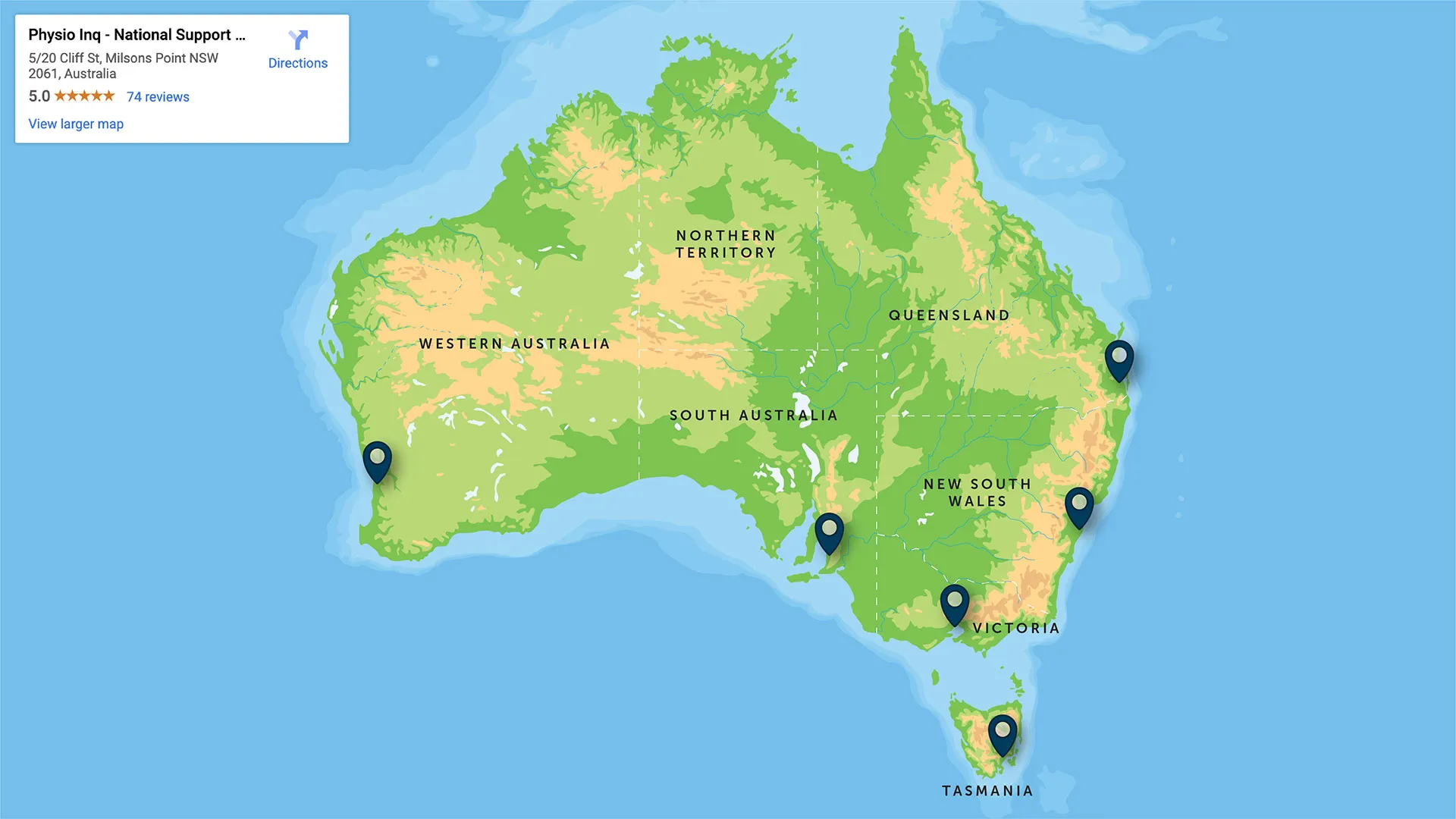Speech Therapy for Toddlers: Early Intervention Strategies for Improved Communication
Originally Published Mar 2, 2023
Speech and language development are crucial for a child's success in social, academic, and emotional domains. However, some toddlers may experience delays or disorders in their expressive language skills, making it difficult for them to communicate effectively with others. In this article, we will explore various aspects of speech therapy for toddlers, including how to identify speech delay, activities to encourage speech and language development at home, and the benefits of early intervention.
What Age Should a Toddler Start Speech Therapy?
Toddlers develop at different rates, so there is no one-size-fits-all answer to when a child should start speech therapy. However, as a general rule of thumb, parents should seek professional help if they notice that their child's speech and language skills are significantly behind those of their peers. For example, if a two-year-old child is not yet using simple phrases or is difficult to understand, it may be time to consult with a speech-language pathologist (SLP).
It's worth noting that some children may have temporary speech delays due to environmental factors, such as growing up in a multilingual household or experiencing a traumatic event. In these cases, the child may not need speech therapy, but rather support from their caregivers and exposure to language-rich environments. However, if a child's speech delay persists for an extended period or is severe enough to impact their ability to communicate effectively, speech therapy may be necessary.
How Do I Know If My Toddler Needs Speech Therapy?
It can be challenging to determine if a toddler needs speech therapy, as every child develops at their own pace. However, parents should pay attention to the following signs that may indicate a speech delay or disorder:
*Limited vocabulary: The child has a small or limited vocabulary and struggles to find words to express themselves.
*Articulation difficulties: The child has trouble pronouncing certain speech sounds or words correctly.
*Difficulty following instructions: The child struggles to understand and follow simple instructions.
*Frustration when communicating: The child becomes frustrated or upset when they cannot communicate their needs or desires effectively.
*Lack of social interaction: The child avoids social interaction or has trouble making friends due to their speech difficulties.
If parents notice any of these signs, they should consult with a pediatrician or a paediatric speech-language pathologist to determine if speech therapy is necessary.

What Causes Toddler Speech Delay?
There are several potential causes of toddler speech delay, including:
Developmental delays: Some children may experience delays in their overall development, including speech and language skills. This delay may be caused by genetics, prenatal complications, or environmental factors.
Hearing loss: Children with hearing loss may struggle to develop their speech and language skills, as they have trouble hearing and processing sounds.
Autism spectrum disorder: Children with autism spectrum disorder (ASD) may experience delays in their social and communication skills, including speech and language development.
Bilingualism: Children growing up in a bilingual or multilingual household may experience a temporary delay in their speech and language development as they navigate learning multiple languages simultaneously.
Does Speech Delay Mean Autism?
While speech delay can be a sign of autism spectrum disorder (ASD), it's important to note that not all children with speech delay have ASD. Many children with speech delay or disorder go on to lead healthy and fulfilling lives without an ASD diagnosis. However, if parents notice other signs of ASD, such as lack of social interaction or repetitive behaviors, they should consult with a pediatrician or SLP to determine if further evaluation is necessary.
What Age is Too Late for Speech Therapy?
There is no age limit for speech therapy, and it's never too late to start working on improving communication skills. However, the earlier the intervention, the better the outcome. Research has shown that early intervention can lead to significant improvements in speech and language development, as well as social and academic success. Therefore, parents should seek professional help as soon as they notice any signs of speech delay or disorder in their child.
Do Speech-Delayed Toddlers Catch Up?
Many toddlers with speech delay or disorder do catch up with their peers through speech therapy and other interventions. However, the success of intervention depends on several factors, such as the severity and cause of the delay, the child's individual needs and abilities, and the family's support and involvement in the therapy process.
At What Age Do Late Talkers Talk?
Late talkers are children who have a limited vocabulary or are not yet using simple phrases by the age of two. While most children will begin talking by this age, some may take longer to develop their language skills. Late talkers may benefit from speech therapy and other interventions to improve their communication skills. However, it's important to note that every child develops at their own pace, and some late talkers may catch up without intervention.
Can Parenting Cause Speech Delay?
While parenting style can impact a child's development, it's important to note that speech delay or disorder is typically caused by underlying developmental, neurological, or environmental factors. However, parents can support their child's speech and language development by providing a language-rich environment, reading to them regularly, and engaging in interactive activities that encourage communication.
What is the Most Common Reason for Speech Delay?
There is no single most common reason for speech delay, as there are many potential underlying causes. However, some of the most common causes include developmental delays, hearing loss, and environmental factors such as growing up in a multilingual household or experiencing a traumatic event.
Is Speech Delay Hereditary?
While speech delay can be hereditary in some cases, it's not always the case. Environmental factors, such as exposure to language-rich environments and access to quality healthcare and education, can also impact a child's speech and language development.
Speech Therapy for Toddlers at Home
While professional speech therapy is crucial for children with speech delay or disorder, there are also many activities parents can do at home to support their child's speech and language development. Here are some tips and strategies for speech therapy at home:
Engage in interactive play: Playtime can be a great opportunity to encourage communication skills. Engage in interactive play with your child, such as playing with dolls, building blocks, or other toys that require communication and social interaction.
Read together: Reading to your child can help expand their vocabulary and improve their understanding of language. Choose age-appropriate books and read them together regularly.
Sing songs: Singing songs can help improve a child's speech and language skills, as well as their memory and attention. Choose simple songs with repetitive lyrics, and sing them together often.
Use gestures and facial expressions: Nonverbal communication, such as gestures and facial expressions, can help support a child's understanding of language and improve their ability to communicate effectively.
Consider in-home speech therapy services: Physio Inq offers speech therapy for toddlers in the comfort of their own home, making it more convenient and comfortable for both the child and parents.
Practice speech sounds: Encourage your child to practice pronouncing speech sounds, such as "m" and "p," by using toys or objects that have those sounds in their names.
Online Speech Therapy and Speech Pathologists
In addition to traditional in-person speech therapy, there are also many online speech therapy services and speech pathologists available. Online speech therapy can be a convenient and accessible option for families who may not have access to in-person services or who prefer the flexibility of online sessions. However, it's important to research and choose a reputable online provider or therapist who is licensed and experienced in working with children.
Physio Inq offers not only in-home speech therapy for toddlers but also online and telehealth speech services across the country. This allows families to access high-quality speech therapy services from the comfort of their own home or wherever they may be located. The convenience and accessibility of online and telehealth services can be especially beneficial for families with busy schedules or limited access to speech therapy services.

While every child develops at their own pace, it's important for parents to be proactive in supporting their child's speech and language development. By engaging in interactive play, reading together, singing songs, practicing speech sounds, and using gestures and facial expressions, parents can help their child build strong communication skills and achieve their full potential.
If you notice any signs of speech delay or disorder in your child, it's important to seek professional help as soon as possible. At Physio Inq, we offer paediatric speech pathology services, both in-home and online, to support your child's speech and language development. Don't hesitate to book an appointment or make a referral to our experienced and paediatric speech pathologists. With early intervention and support, your child can build strong communication skills and achieve their full potential in social, academic, and emotional domains. Let us help you give your child the best possible start in life.
Disclaimer
The information provided on this blog is intended for educational and informational purposes only. It is not intended to be a substitute for professional advice or treatment. Always seek the advice of a qualified professional with any questions you may have regarding a medical condition. Never disregard professional medical advice or delay in seeking it because of something you have read on this blog.


